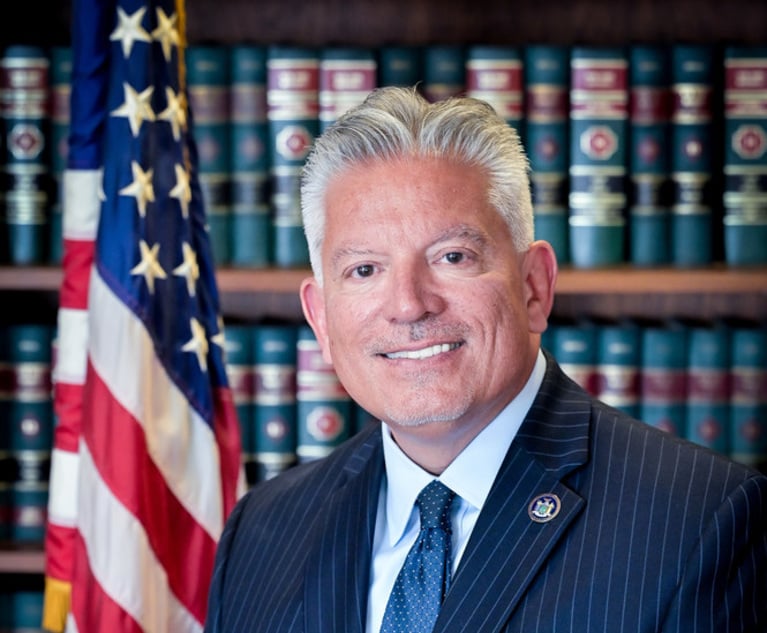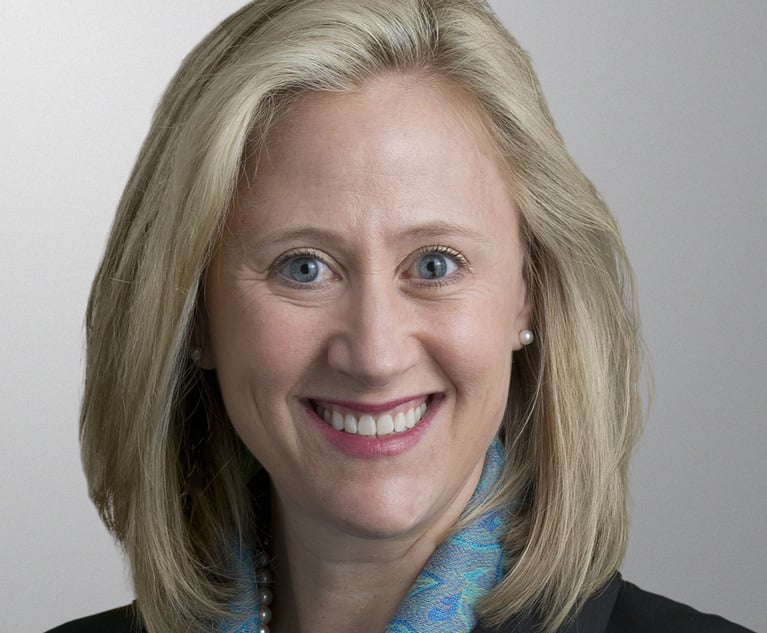Imagine two neighbors, who both have Medicare health insurance. One has congestive heart failure and requires a heart transplant. The other has Alzheimer’s disease and requires nursing home placement. Each of them has a serious medical condition, but one of them is likely to have disastrous financial complications as well. The cardiac patient has a skilled illness and her medical expenses will be covered by Medicare. The Alzheimer’s patient has a custodial illness and her medical expenses will not be covered by Medicare. Traditional health insurance policies specifically exclude coverage for custodial care.
The key to understanding elder law is the distinction between skilled medical care and custodial medical care. This concept is the wellspring, the foundation, of elder law.


 Daniel G. Fish, partner with McLaughlin & Stern. Courtesy photo
Daniel G. Fish, partner with McLaughlin & Stern. Courtesy photo




